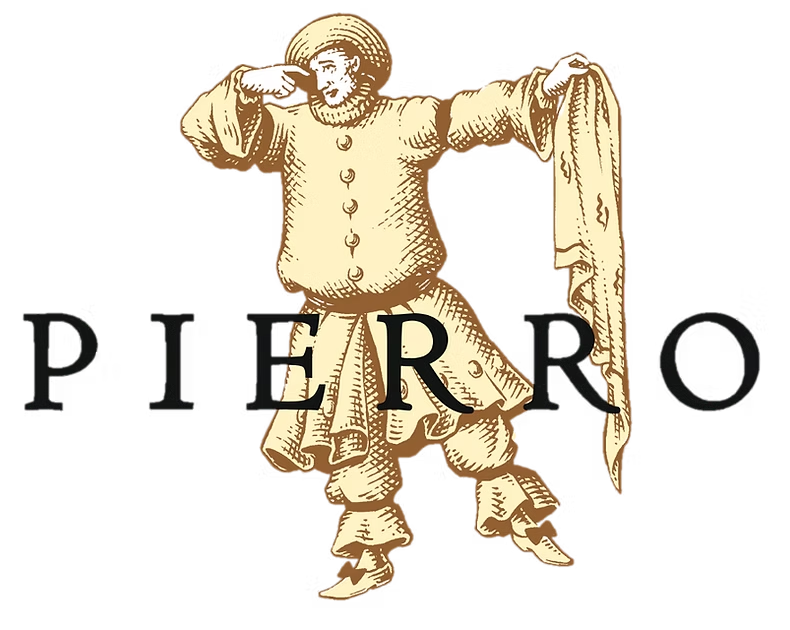Sustainability
Michael Peterkin

The majority of our vineyards are farmed naturally, with sheep grazing in winter to control weeds and promote growth of clover and pasture. This is followed by organic compost as fertiliser, all of which promotes carbon storage in the soil.

The majority of our vineyards are farmed naturally, with sheep grazing in winter to control weeds and promote growth of clover and pasture. This is followed by organic compost as fertiliser, all of which promotes carbon storage in the soil.
Each grapevine is pruned individually by hand and individually harvested by hand. The grape bunches are then sorted by hand before pressing and, in the case of red wine, we also sort individual berries by hand.
This sorting process gives us pristine fruit which allows for minimal intervention in the winery. We are then able to use wild yeast ferments when appropriate and also very low rates of cultured yeast which allows the natural yeast on the grapes to play its part.
All of our wines receive one filtration only at bottling and the vast majority are bottled in light weight glass. This is a new innovation which allows us to dramatically reduce our carbon footprint.Any waste from the winery is recycled wherever possible.
Our wines are gluten free and suitable for vegetarians and meet EEC organic standards for low sulphur regimes.We hope that we have paid our dues through many years of perseverance and struggle to produce wine that incorporates land and culture. Our aim is to be at the cutting edge of wine as agriculture, art and responsible land use.





